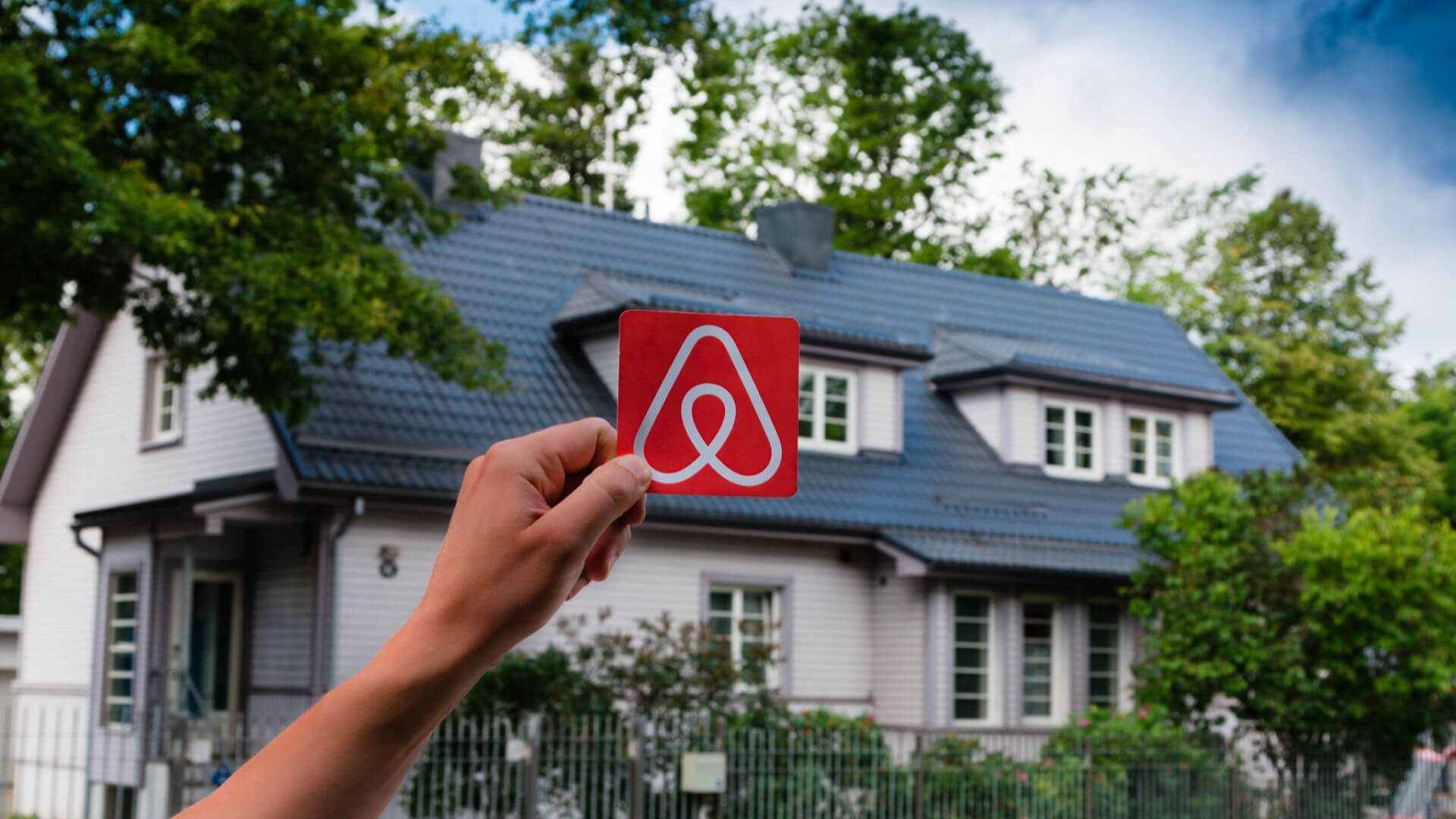4 Reasons Residential Zones Block Short-Term Rentals

Short-term rentals hit an all-time high in terms of average revenue last year. In 2021, the average short-term rental made $56,000, according to AirDNA. After hearing a number like that, you probably think you should get in on that action, but not everyone can. Due to the rise in Airbnbs and other short-term rental services, zoning laws have been put in place to restrict them in residential neighborhoods.
If you’re looking to rent out a property you own or looking for one to purchase with the intent of renting it out, you should check to see what rules the residential zone has for short-term rentals. If you’re confused about why zones place restrictions on short-term rentals and what those restrictions are, the attorneys at Mazzoni Valvano Szewczyk & Karam can explain.
Why Do Residential Zones Block Short-Term Rentals?
There are a few reasons why residents in a residential zone, its homeowner associations, and the zoning board don’t want short-term rentals in their area. It’s perceived that they worsen the living experience of permanent residents. Avoid contributing to these issues, and you’ll be able to maintain and open more short-term rentals in or near a residential zone. These are some of the ways that short-term rentals have made neighborhoods more difficult to live in.
#1. Issues in the Housing Market
While short-term rentals are a profitable business strategy, there is a lot of competition, with businesses rising just to buy affordable housing around the country to rent it out. This is happening as more businesses are turning residential properties into locations people have to rent out rather than buy. This has been an affordable housing scare, artificially raising the worth of homes in some markets and lowering it in others.
At first, a business’s desire to own property in a nice neighborhood can drive up the value of homes. Then, as more and more homes become Airbnbs, with fewer and fewer for sale, homes will skyrocket in worth and price beyond what’s affordable for most people.
#2. Rise in Crime
Short-term rentals lead to an influx of strangers coming into a neighborhood. Not all Airbnb owners vet who they let rent out their properties, and other neighborhoods have paid the price. This has led to a rise in crimes like assault and robbery.
#3. Rise in Traffic
Most homes house only one family, and often that’s not more than two adults and a few kids. Airbnbs house several driving adults at a time who often come and go for the duration of their stay. People rent out Airbnbs because they’re on a trip with multiple places they want to go and see.
With the rise in adults driving coming into the area, car traffic significantly rises. This can become an inconvenience to people who live there and are just trying to get home from work or who face traffic when there was usually none.
#4. Sudden Rise in Local Economy
It may sound weird to say that a rise in the local economy is why homeowner associations, zoning boards, and residents wouldn’t want Airbnbs. Everyone should want their local businesses to thrive and succeed. This should only mean that there is more money for everyone to funnel back into the system.
The problem is that unless the Airbnbs and other short-term rentals are busy all year long, this can drive businesses to see seasonal growths and falls. This can lead to a sudden rise in the local economy that will eventually fall. Economies are healthy if they have steady and consistent growth, and this is true on the local level.
This isn’t likely to drive businesses to ruin, but it will drastically change the business culture and the culture of the town overall.
What Are Common Restrictions for Short-Term Rentals?
Outside of residential zones that ban them entirely, it’s common for residential zones to have some restrictions. The state of Pennsylvania doesn’t have any specific restrictions on Airbnb specifically. PA only requires that the residents meet the same basic living standards as any residential property in the state and hold a valid zoning permit.
Residential zones that allow Airbnbs under certain restrictions include rules like:
- Property owners need a residential rental and business license
- Guest limits, i.e., only two people per bedroom
- Guests have to stay a certain amount of time
The state does tax Airbnbs differently from other residential properties, even those rented out by a landlord. Some residential zones impose their taxes on it as well.
Contact the Short-Term Rental Attorneys of Mazzoni Valvano Szewczyk & Karam
If you’re considering a short-term rental venture in the Scranton area, you’re going to need to take note of the local zoning and state laws. If you don’t, you can end up buying a property that you can’t legally turn into a short-term rental location.
If you’re looking for the right place to proceed and how you can avoid your local residential zone restricting your rental locations more, contact the attorneys at Mazzoni Valvano Szewczyk & Karam.

